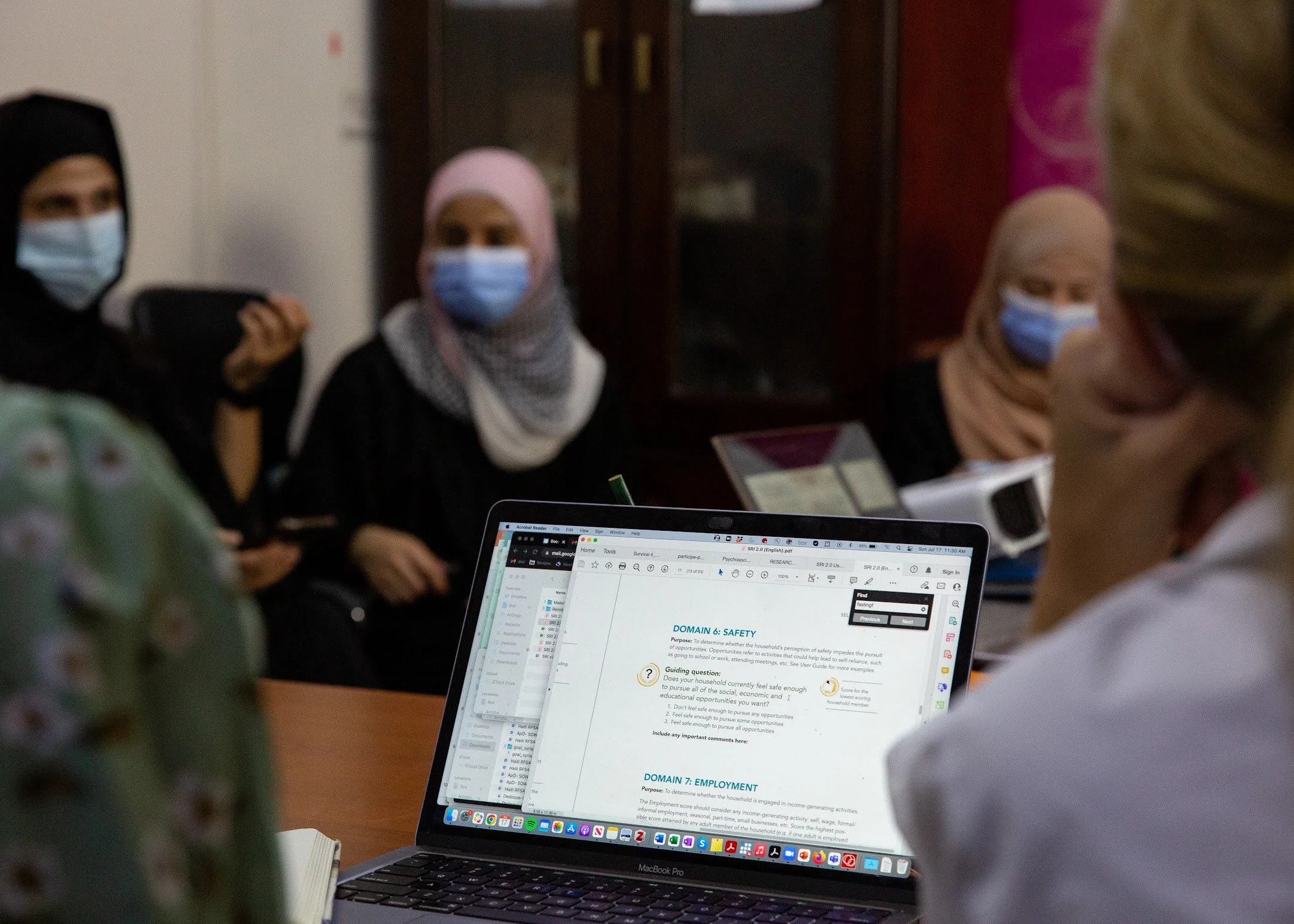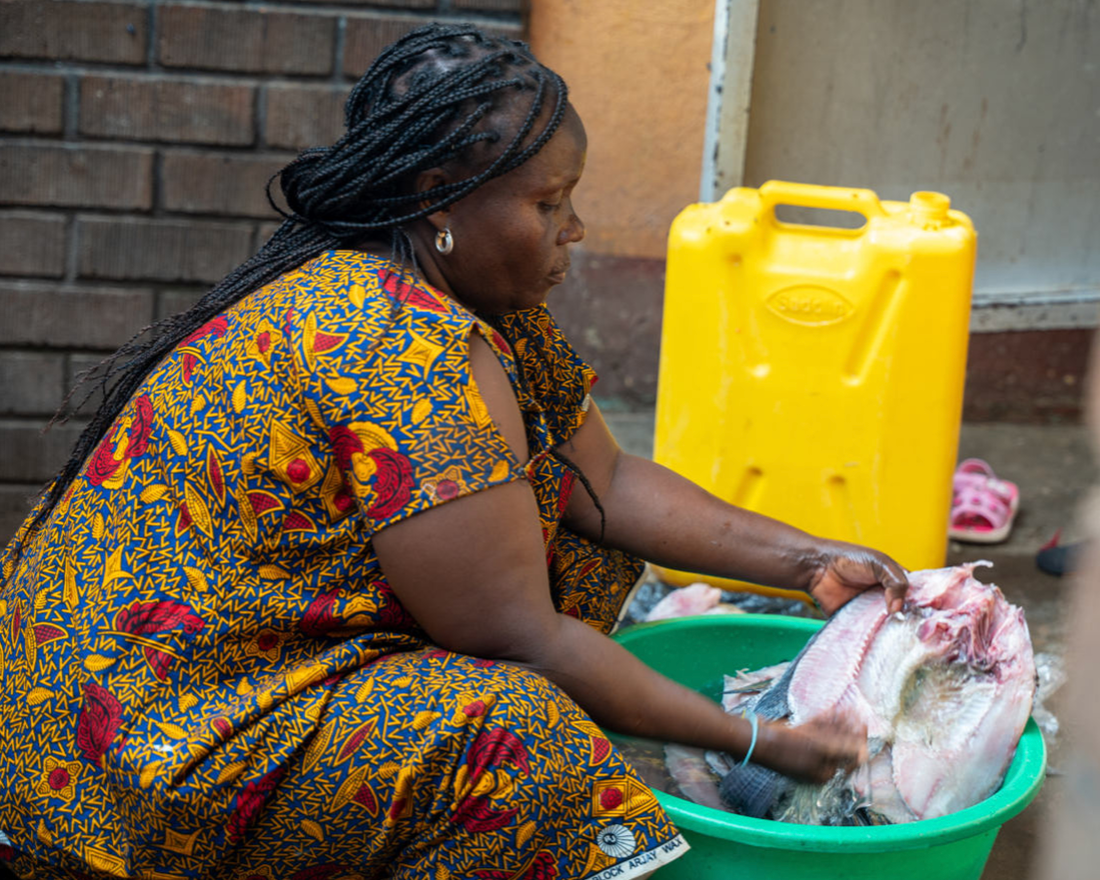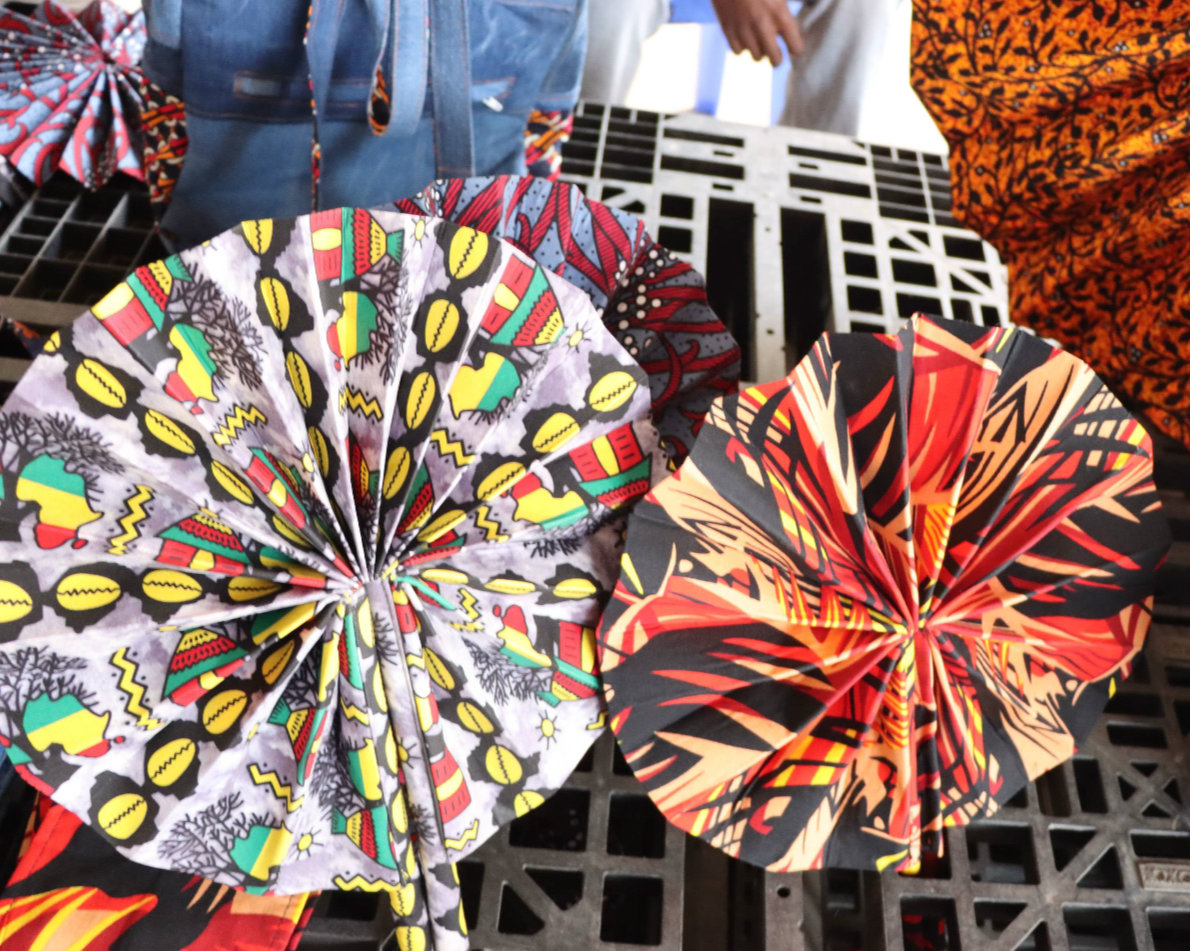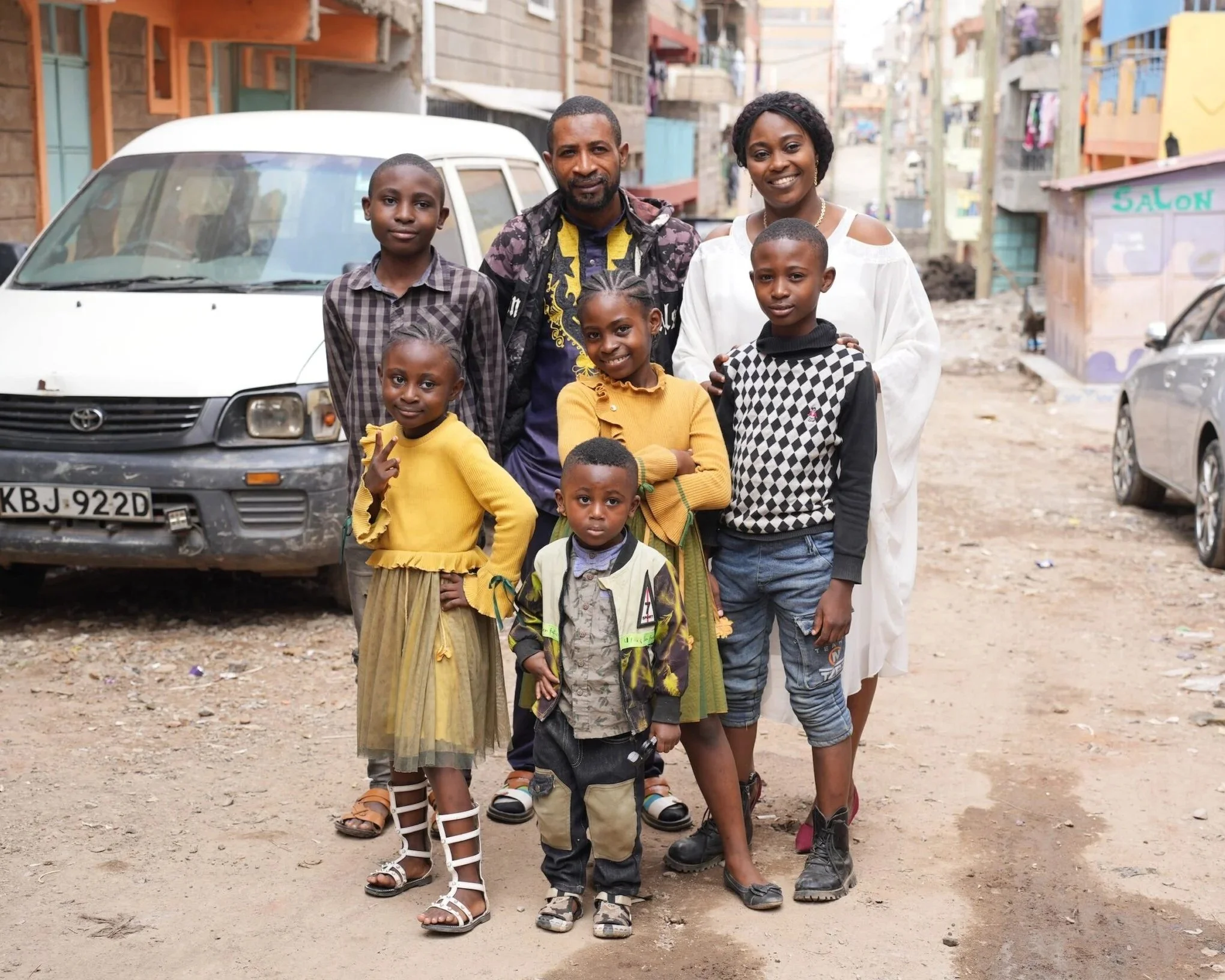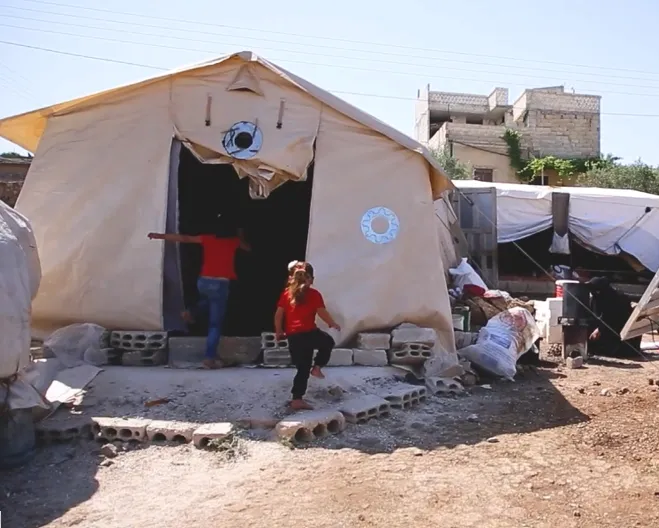Innovating THE MEASUREMENT OF REFUGEE HOUSEHOLD PROGRESS toWARD SELF-RELIANCE
First launched in 2020, the Self-Reliance Index (SRI) is the first-ever global tool for measuring the progress of refugee households toward self-reliance.
The SRI can be used to:
Support the design and provision of effective services
Target populations for assistance
Highlight service gaps
Monitor external shocks
Inform funding priorities
CONCEPTUAL FRAMEWORK
The Self-Reliance Index contains twelve domains focused on a household’s basic needs, resources, and sustainability. Domains measure conditions and assets that increase the likelihood that refugees will be able to continue meeting their needs in the future.
SIMPLE & HOLISTIC
Provides a quick, high-level indication of key status changes within refugee households across twelve domains
VERSATILE
Designed primarily for urban and non-camp-based populations, and is also currently being used with internally displaced individuals, camp or rural-based refugees, and more
Collaborative
Developed through a three-year multi-stakeholder process with 25 partners, including NGOs, UNHCR, researchers, funders, and government agencies
Self-Reliance Index Global Rollout
Since its launch in 2020, the Self-Reliance Index has been deployed by 70 agencies in 34 countries.
how are agencies using the self-reliance index?
Fostering Refugee Self-Reliance: Insights from Re:BUiLD
This learning brief examines the insights from the IRC’s RE:BUiLD Program interventions implemented to support refugees and vulnerable host communities towards achieving self-reliance. The brief also provides highlights on how Re:BUiLD has been able to apply the SRI as a measurement tool.
Leveraging the Self-Reliance Index for Livelihoods Impact Assessment
This learning brief from the Danish Refugee Council (DRC) showcases how DRC Kenya used the SRI to capture both qualitative and quantitative data from households enrolled in the Pathways to Prosperity (P2P) and ABLI-G II projects in Kakuma and Dadaab, Kenya.
Next Steps Towards Self-Reliance for Refugees in Nairobi
This article shares a few key findings about how refugees’ lives change while receiving services through RefugePoint’s Urban Refugee Protection Program (URPP). An initial exploration of program data revealed that intake into the URPP makes a significant difference in the lives of most clients. This article presents a further analysis of RefugePoint’s SRI data and what this means for progress towards self-reliance for refugees in Kenya.
From Aid to Independence: Graduation Approach in Afrin Syria
This article reveals how international NGO GOAL and Syrian organization Shafak implemented the SRI to evaluate the effectiveness of the Graduation Approach in fostering refugee self-reliance among vulnerable households affected by the devastating series of earthquakes that hit northern Syria and Türkiye in February 2023.
Looking for training and technical support?
Access our e-learning modules, download technical resources, and learn more about our virtual and in-person training offerings.

